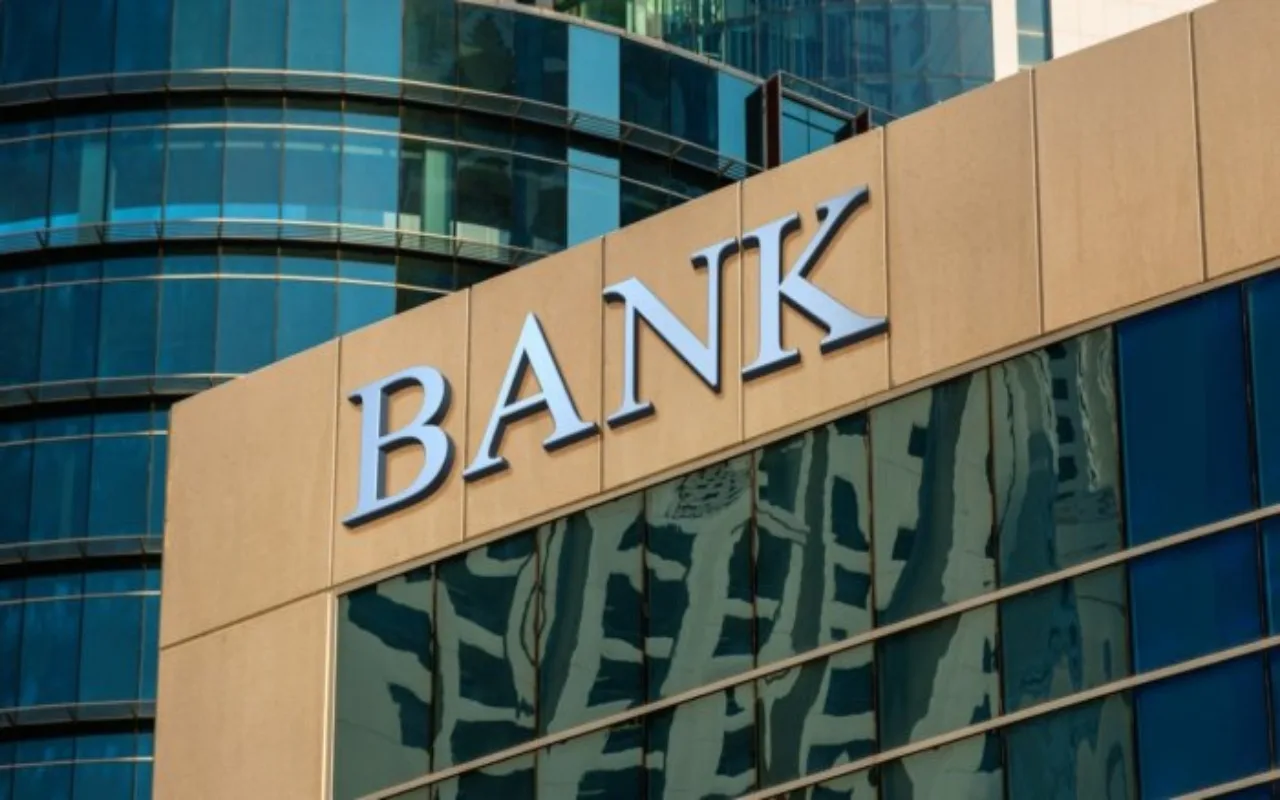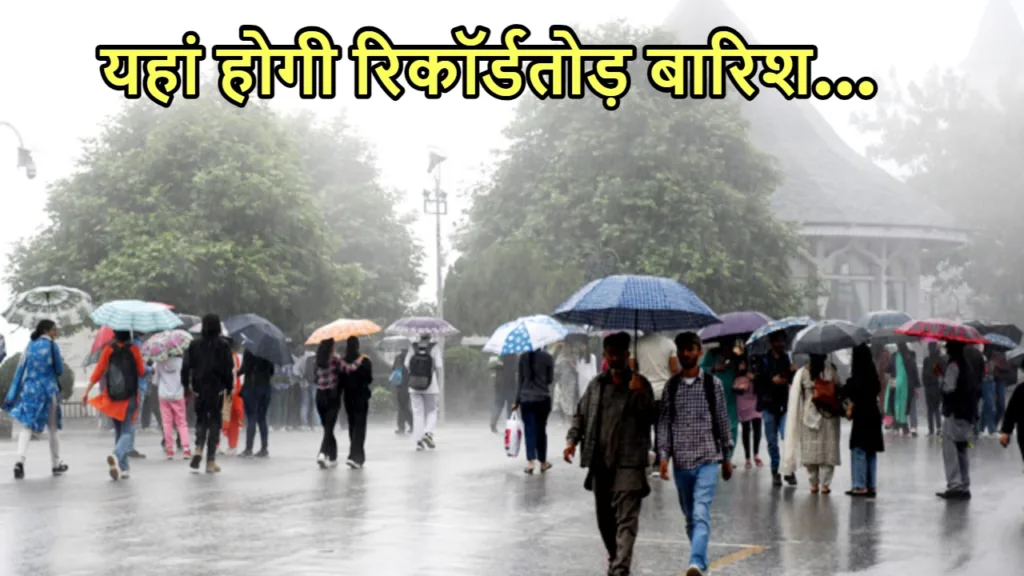In the ever-evolving digital landscape, safeguarding your online banking credentials is paramount. Your online banking password acts as a critical line of defense, granting access to your financial resources. Sharing this information with unauthorized individuals exposes you to significant financial risks, including unauthorized transactions, identity theft, and potential account depletion.
Guiding Principles for Online Banking Security:
- Never share your online banking password with anyone: This includes friends, family, seemingly trustworthy websites, or individuals claiming to represent your bank. Legitimate institutions will never request your password directly.
- Be cautious of phishing attempts: Phishing emails and websites often mimic the appearance of your bank to trick you into revealing personal information. Scrutinize the sender’s address, URL, and content for any inconsistencies.
- Employ strong passwords: Create unique and complex passwords that incorporate a combination of uppercase and lowercase letters, numbers, and symbols. Avoid using easily guessable information like birthdays, pet names, or readily available personal details.
- Enable two-factor authentication (2FA): This adds an extra layer of security by requiring a second verification step, such as a code sent to your phone, in addition to your password.
- Maintain vigilance: Regularly monitor your online banking activity for any suspicious transactions. If you notice unauthorized activity, contact your bank immediately.
Recommended Course of Action:
If you’ve forgotten your online banking password, refrain from attempting to guess it or entering incorrect information. This could lead to account lockout and further complications. The secure approach is to follow the established procedures outlined by your bank:
- Visit your bank’s official website: Navigate directly to the login page using a trusted bookmark or by typing the URL into your browser’s address bar. Avoid clicking on links from emails or messages, as they could be phishing attempts.
- Locate the password recovery option: Most banks provide a dedicated section or link for password retrieval. This could be labeled as “Forgot Password,” “Reset Password,” or similar.
- Follow the provided instructions: You’ll typically be prompted to enter your username or registered email address associated with your account. Based on the bank’s security protocols, you might receive a one-time password (OTP) or a link to reset your password via email or SMS.
- Create a new strong password: When prompted to set a new password, adhere to the aforementioned password creation guidelines.
Additional Security Tips:
- Avoid using public Wi-Fi for online banking: Public Wi-Fi networks are often unencrypted, making them vulnerable to eavesdropping. If necessary, consider using a secure virtual private network (VPN) to encrypt your connection.
- Install antivirus and anti-malware software: Keep your computer’s security software up-to-date to defend against potential malware attacks that could steal your information.
- Be wary of unsolicited calls or emails: Your bank will never request your password or other sensitive information through these channels. If you receive such communications, do not respond and report them to your bank.
By following these security measures and remaining vigilant, you can significantly reduce the risk of unauthorized access to your online banking account and safeguard your financial well-being.
Remember:
- I cannot provide your online banking password.
- Always prioritize online banking security.
















